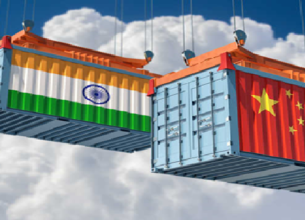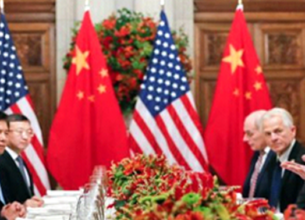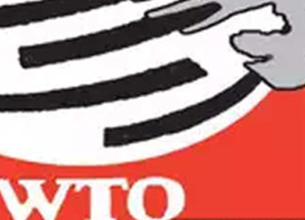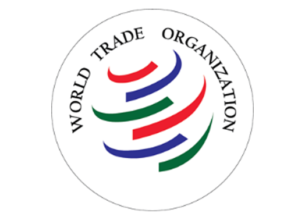INDIAN TRADE CURBS AGAINST WTO PRINCIPLES, SAYS CHINA
21, Apr 2020
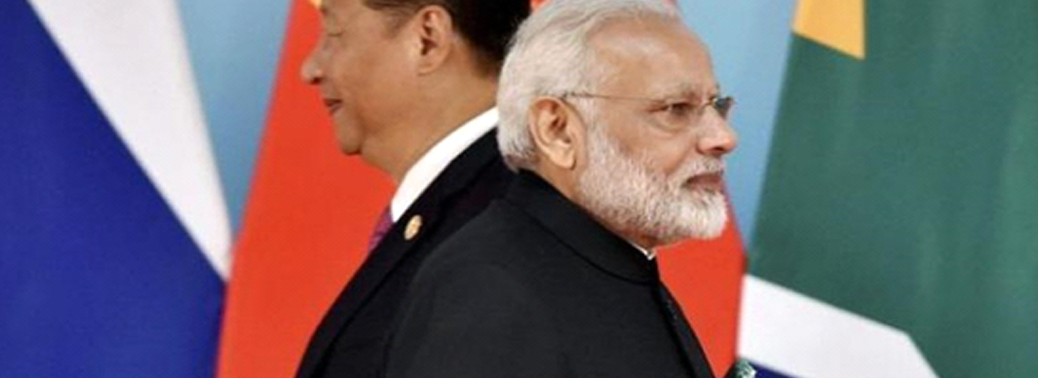
Prelims level : Investment and Investment Models
Mains level : GS-III Effects of liberalization on the economy, changes in industrial policy and their effects on Industrial Growth.
Why in News?
- China has recently stated that India’s recently adopted policy to curb opportunistic takeovers of domestic companies goes against the principles of the World Trade Organisation (WTO).
What is the Issue?
- The Government has amended certain sections of the FDI policy for curbing opportunistic takeovers/acquisitions of Indian companies due to the current COVID-19 pandemic.
- While India shares a land border with Pakistan, Bangladesh, Myanmar, Nepal, Bhutan, China and Afghanistan, the move appears directed mostly at China.
What were the Changes Introduced?
- All FDI proposals from countries sharing border with India will be under the government approval route.
- The so-called automatic route, under which the central bank simply had to be informed after money was invested, has been blocked in such cases.
- Companies whose beneficial ownership also lies in such countries will have to undergo government scrutiny for any change in Foreign Holding.
How was the FDI Policy for Neighbours so far?
- A non-resident entity can invest in India, subject to the FDI Policy except in those sectors/activities which are prohibited.
- However, a citizen of Bangladesh or an entity incorporated in Bangladesh can invest only under the Government route.
- Further, a citizen of Pakistan or an entity incorporated in Pakistan can invest, only under the Government route, in sectors/activities other than defence, space, atomic energy and sectors/activities prohibited for foreign investment.
What Would be the Impact?
- The amended policy makes every type of investment by Chinese investors subject to government approval. Such a blanket application could create unintended problems.
- It does not distinguish between Greenfield and Brownfield investments. It may pose obstacles to Greenfield investments where Chinese investors bring fresh capital to establish new factories and generate employment in India.
- Greenfield investments include building new production facilities in a foreign country. It refers to investment in a manufacturing, office, or other physical company-related structure or group of structures in an area where no previous facilities exist.
- Brownfield investments are those used for purchasing or leasing existing production facilities to launch a new production activity.
- The new policy does not distinguish between the different types of investors, such as industry players, financial institutions, or venture capital funds. The restrictions on Venture capital funds may impact the prospects of many start-ups in the Indian market.
Why Chinese investment in India is Targeted?
- China’s footprint in the Indian business space has been expanding rapidly, especially since 2014.
- The Chinese investment in India in 2014 stood at $1.6 billion. This involved mostly investment from Chinese state-owned players in the infrastructure space in India.
- By 2017, the total investment had increased five-fold to at least $8 billion accompanied by a marked shift from a state-driven to market-driven approach.
- Total current and planned Chinese investment in India has crossed $26 billion in March 2020.
What is China’s Point on WTO Trade Violation?
- The additional barriers set by Indian side for investors from specific countries violate WTO’s principle of non-discrimination, and go against the general trend of liberalisation and facilitation of trade and investment.
- India also do not conform to the consensus of the G20 leaders and Trade Ministers to realise a free, fair, non-discriminatory, transparent, predictable and stable trade and investment environment, and to keep our markets open.





